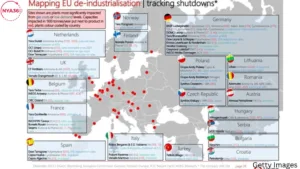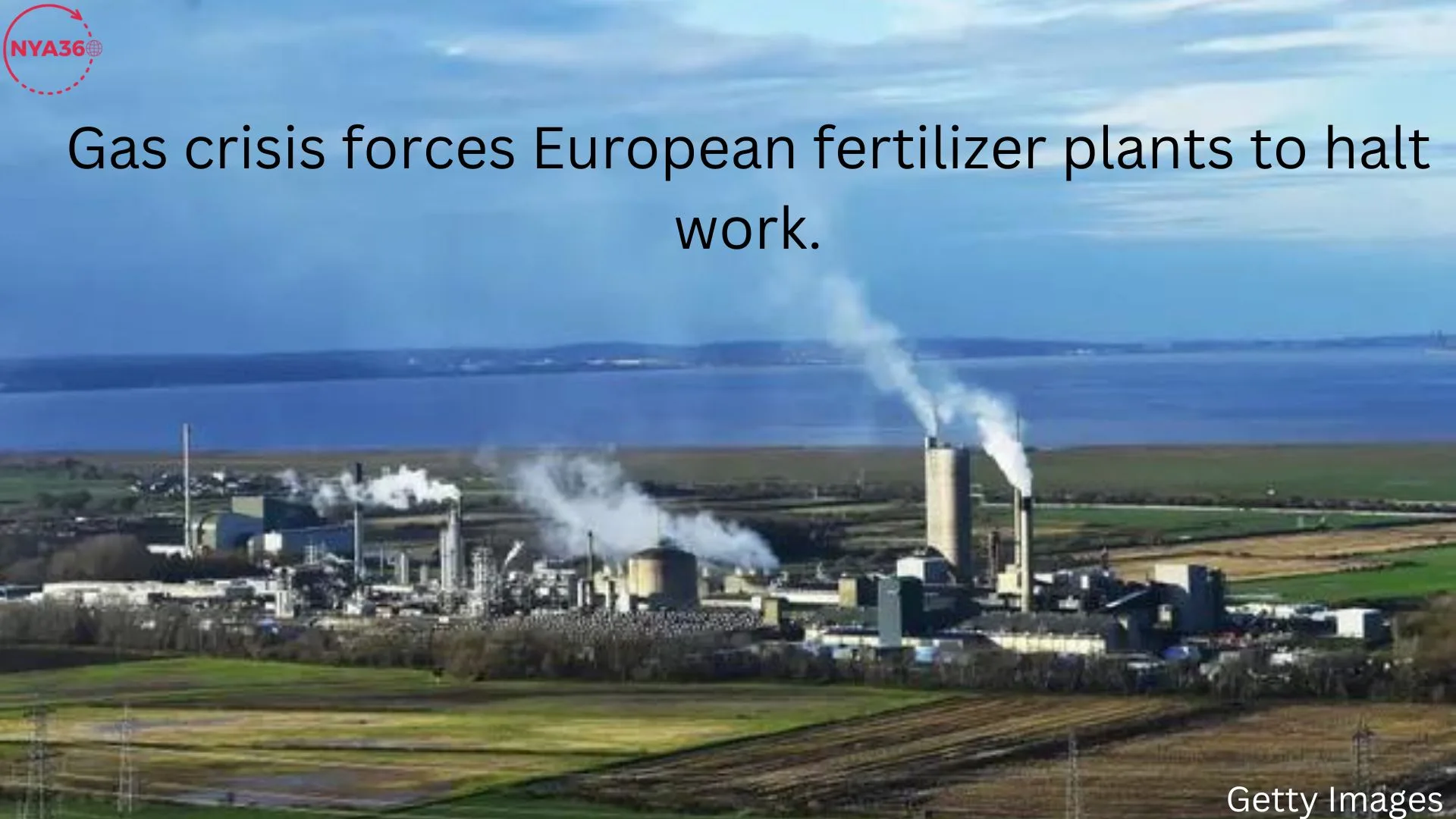The closure of a minimum of 50 major fertilizer manufacturing facilities in Europe in 2023 poses a significant challenge to the agricultural industry in the region. This situation underscores the substantial influence of surging gas prices on fertilizer production and agricultural methods.
Reliance on Gasoline Costs:
The shutdown of fertilizer producing plants is mostly attributed to the exorbitant cost of natural gas. Gas prices account for a substantial amount, roughly three-quarters, of the expenses in the manufacturing of nitrogen fertilizers, which are essential for agricultural productivity.
Russian Gas Supply:
The European has always depended on cost-effective gas imports from Russia to power its sectors, including agriculture. The affordable access to Russian gas played a crucial role in maintaining fertilizer production at a reasonable expense, thus bolstering European agriculture.
Lack of profitability in the production of fertilizers:
Due to the recent increase in gas prices, the production cost of fertilizers has exceeded the level of profitability for numerous manufacturing facilities in Europe. Therefore, these closures indicate that the production of fertilizers is not economically feasible given the present gas prices.
Effects on European Agriculture:
The cessation of fertilizer plants presents a substantial obstacle to European agriculture. Nitrogen fertilizers play a vital role in enhancing both the quantity and quality of crops. The absence or elevated expense of these fertilizers may potentially result in diminished agricultural production, impacting crop yields and quality throughout the continent.
Implications and shifts in dependency that will occur in the future:

According to the analysis from Mitsubishi UFJ Financial Group, Europe’s decision to reduce its reliance on Russian gas will likely force the continent to start importing fertilizers and cereals by 2024. According to this scenario, Europe could become more reliant on overseas sources for crucial agricultural resources because it is not practical to produce them domestically.
Implications for the Economy and Agriculture:
European farmers may face higher expenses and therefore affect consumer food prices due to the necessity of importing fertilizers and cereals. Furthermore, it could potentially impact the competitiveness of European agriculture in the worldwide market as a result of increased production expenses.
Analysis of Strategic Factors and Formulation of Policy Measures:
The scenario underscores the importance of strategic planning and governmental interventions to guarantee the long-term viability of agriculture. Efforts should prioritize the diversification of energy sources for fertilizer production, the promotion of alternative fertilizing methods, investment in innovative technologies, and the improvement of domestic production capacities.
To summarize, the European agriculture sector faces a significant threat from the closure of many fertilizer production units in response to unprofitability caused by the sharp increase in gas costs. The current scenario gives rise to apprehensions over the potential consequences on agricultural productivity, food stability, financial expenses, and Europe’s reliance on external suppliers for crucial agricultural resources. To tackle these difficulties, a comprehensive approach involving strategic planning, regulatory modifications, and investments may be necessary to alleviate the negative impacts on European agriculture.
Follow us on social media: Instagram, Threads & Twitter X @nya360_ YouTube & Facebook @nya360.





